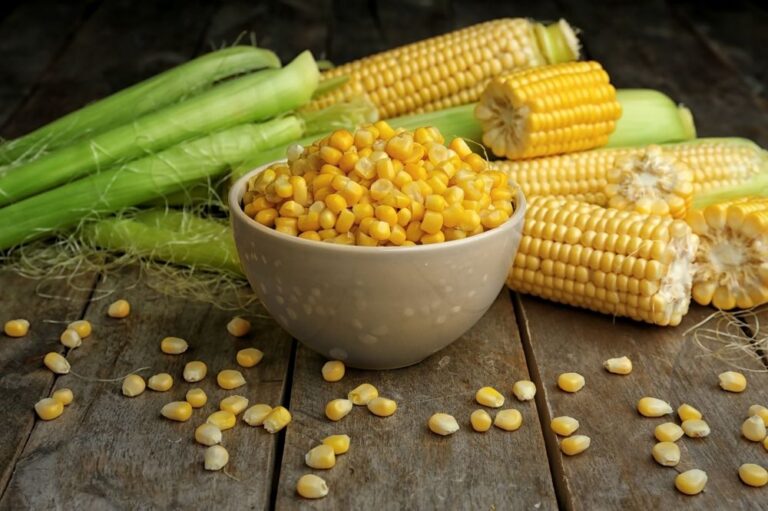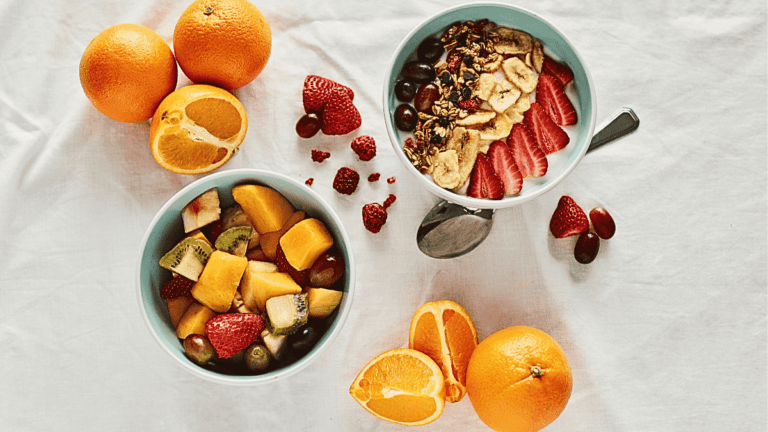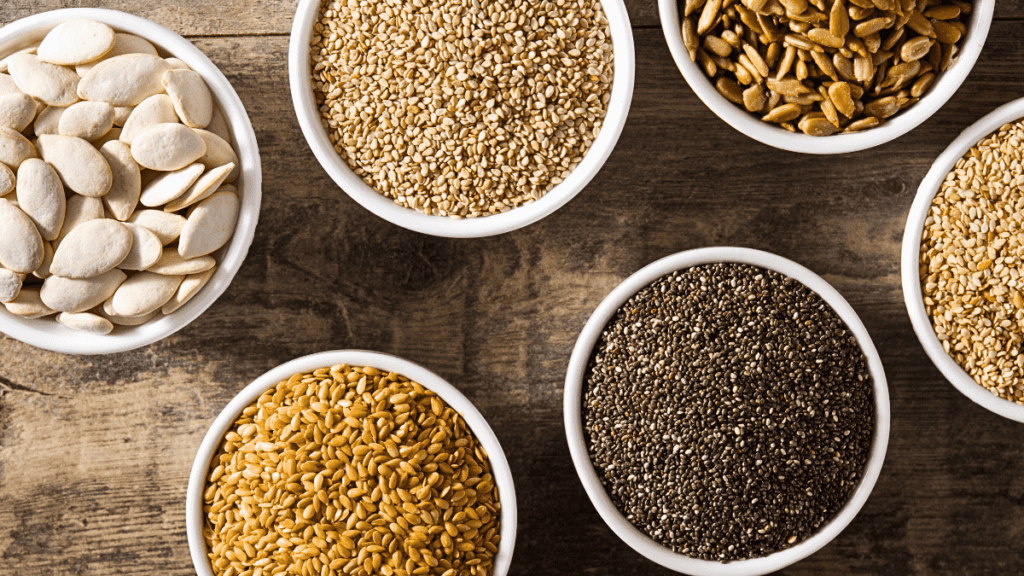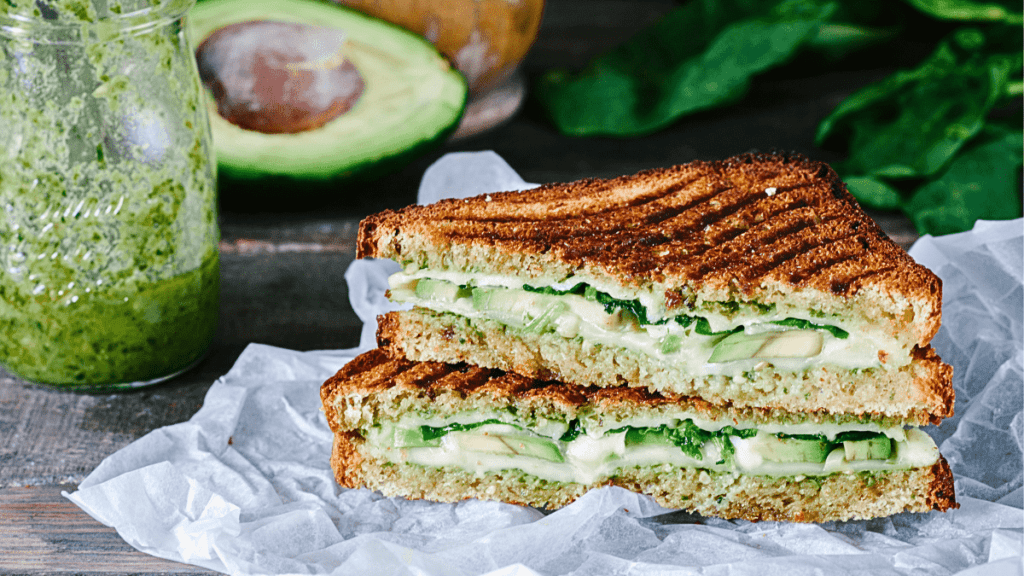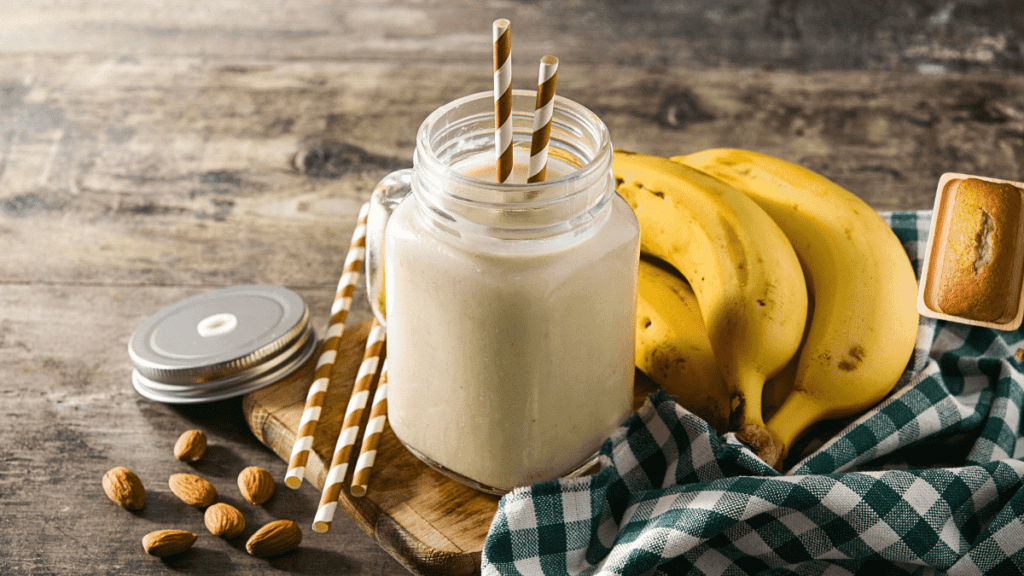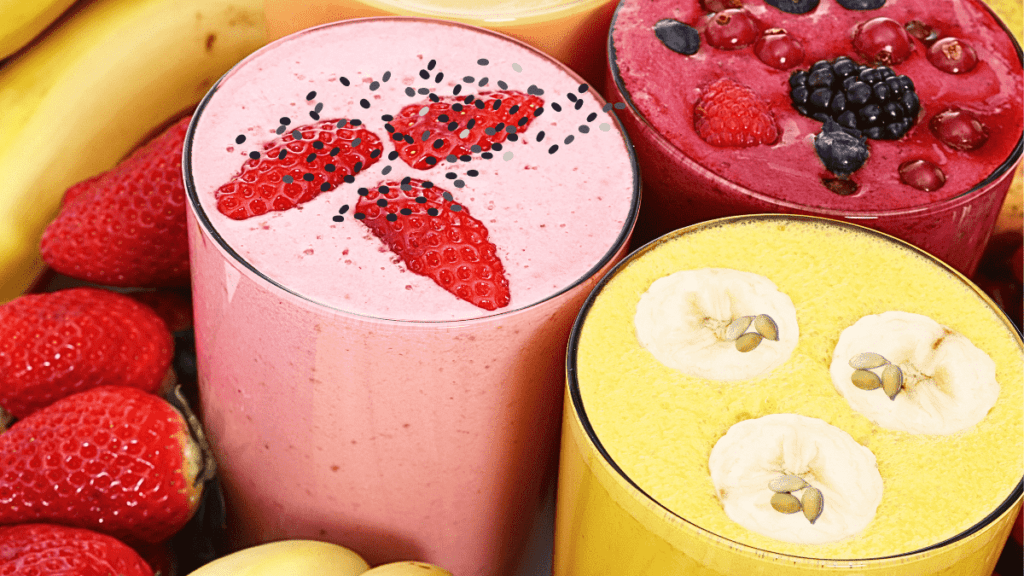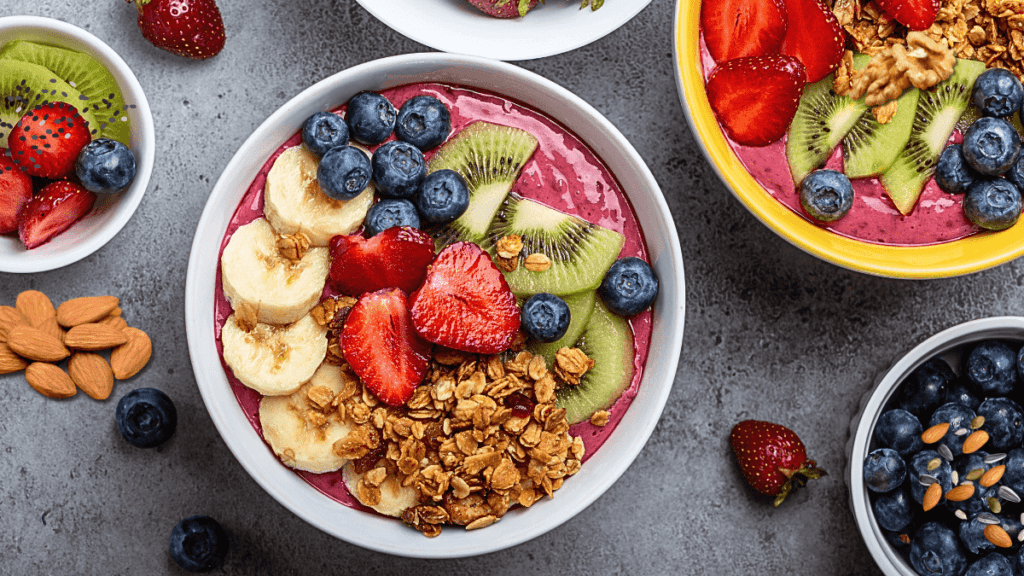Sweet Corn is one of the simplest and purest delights of summer. Popping it makes an ideal snack for movies or events and rolling its flour gives the crunchiest tortilla wraps. But do not let the sweetness of the corn trick you. If you associate sweet corn with high calories, you might be mistaken about this vegetable. Sweet Corn is quite nutrient-dense.
If you add 200g of sweet corn to a meal, you get 4.8g of fibre. Add it to hearty meals containing pulses or wholegrain and you’re all set for your daily intake.
Sweet Corn Benefits:
Rich In Vitamins:
Sweet Corn is a good source of essential Vitamins, including Vitamin B1(thiamine), Vitamin B3 and Vitamin A which play crucial roles in skin health and improve immunity and metabolism. Corn kernels acquired chemicals called carotenoids, and became yellow. One of these carotenoids is beta carotene, which gives us vitamin A. So, yellow corn is a little bit more nutritious than white corn.
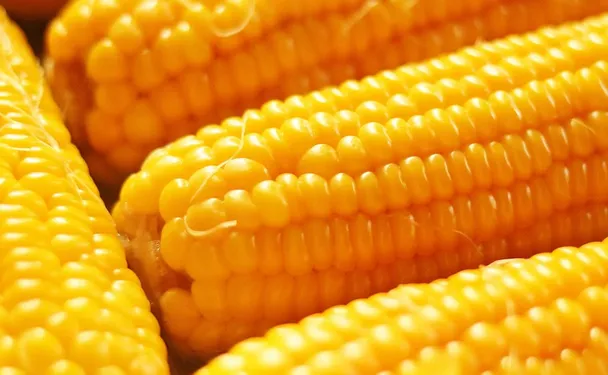
Image Source: pexels.com
Dietary Fiber In Sweet Corn:
Sweet Corn’s benefit is that it also contains fibre, which helps in digestion, promotes regular bowel movements and helps prevent constipation. Preventing obesity is a further advantage of sweet corn.
Here is how sweet corn can help you maintain weight: Rich in Fiber – Sweet corn is a vegetable that is high in dietary fibre. 100 grams of sweet corn contain 2 grams of fiber which keeps one full for a long and thus curbs frequent hunger pangs.

Image Source: pexels.com
Sweet Corn For Heart Health:
Sweet corn including fiber, potassium and folate content in sweet corn can contribute to heart health by regulating blood pressure and reducing the risk of heart disease.
Also helpful in losing weight. It could help with managing the body’s lipid, protein, and sugar metabolism.

Image Source: pexels.co
Weight Management:
The presence of complex carbohydrates, fibre, vitamins and minerals in sweet corn can help with weight management by promoting a feeling of fullness and reducing overeating. It contains healthy gut bacteria that promote digestion and metabolism, contributing to weight loss. If you’re looking to manage your weight, sweet corn can be an ally. Its upper webbing content helps tenancy appetite, making your fingers full for longer periods and reducing the likelihood of overeating.
Good For Skin Health:
The vitamins and antioxidants in sweet corn can help us maintain healthy skin by protecting it from oxidative damage. Being rich in antioxidants, sweet corn might help prevent ageing and maintain the youthful glow of the skin. Thus, sweet corn might act as an anti-aging agent, another way in which sweet corn might benefit the skin.

Image Source:pexels.com
Improve Digestion:
It can help boost digestion and prevent constipation by feeding good bacteria in the gut with insoluble fibre.
Sweet Corn is high in insoluble fibre, which bulks up stool (poop) and prevents constipation. If you’ve ever noticed what looks like whole kernels of corn in your poop it’s not because there’s a problem with your digestive system.
“Your digestive system breaks down the fleshy inside part of the corn kernel, which has the important nutrients, vitamins and fibre,” explains Homan. “Those kernels in your poop are the waxy, tough outer shell made of cellulose.” Your body can’t digest these fibrous shells. They ferment in your intestines, which is why you may feel gassy after eating a lot of corn.

Image Source: pexels.com
Energy Source:
Sweet corn is a great choice for people who are active since it contains carbs, which provide you with energy quickly and for a long time. Sweet Corn is a carbohydrate-rich food that provides energy for the body. Versatile: Corn can be prepared in various ways, including boiling, grilling or incorporating it into dishes like salads, soups and casseroles.
“Sweet corn is not just a tasty treat; it’s a nutritional powerhouse that can enhance your health in numerous ways. It’s an excellent choice for those seeking to improve their physical health while enjoying in a great meal with its combination of antioxidants, vitamins, and dietary fibre. Remember that sweet corn is more than simply a side dish the next time you’re at the dinner table since it can assist you in living more healthily.
Additional Benefits of Eating Sweet Corn
Sweet corn is a storehouse of essential vitamins and minerals. Each of these nutrients gives supplementary corn benefits. Eating Sweet corn also comes with the following perks:
•Folate: Folate is often known as vitamin B9 or folic acid. It is an essential nutrient that is especially crucial during pregnancy. Corn contains 42 micrograms of folate.
•Vitamin B6 refers to a group of vitamins, the most common of which is pyridoxine. Sweet Corn contains pyridoxine which may help with depression, and PMS and promote brain health.
•Niacin: It is also known as vitamin B3. It is essential for healthy digestion, skin and the nervous system. However, niacin from corn is poorly absorbed. But, cooking corn with lime can increase the availability of this vitamin for absorption.
•Potassium: It is an essential mineral. Potassium is necessary for blood pressure regulation and may promote heart health. Corn has 270 mg of potassium. It ensures you get these corn benefits.
